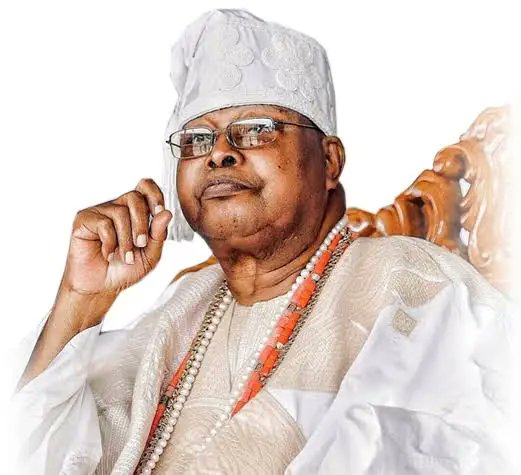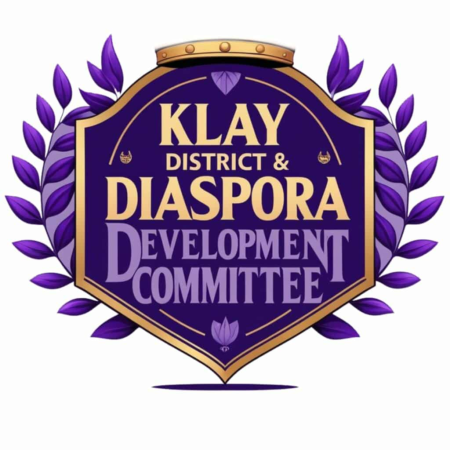The passing of Oba Sikiru Adetona, the Awujale of Ijebuland, after a remarkable 65-year reign, has initiated the traditional succession process, marked by the symbolic beating of the Gbedu drums. This significant cultural event designates the Fusengbuwa ruling house as the next to present a candidate for the esteemed Awujale throne. The head of the Fusengbuwa ruling house, Adedokun Ajidagba, has emphasized the importance of upholding the rich traditions of Ijebuland, particularly the Isese, the core cultural practices of the Ijebu people. He stressed that the next Awujale must be deeply rooted in these traditions to ensure the continued development and prosperity of Ijebu Ode. Ajidagba also called for adherence to the prescribed traditional selection process, including consultation with the Ifa oracle, as stipulated by the late Awujale. Furthermore, he urged the state government to refrain from interfering in the selection process, allowing the traditional mechanisms to guide the choice of the new monarch.
The succession process is not without its challenges. Ajidagba issued a stern warning against the influence of wealth and political power in determining the next Awujale, echoing a prior caution from the late Oba Adetona himself. The concern over the potential imposition of a candidate based on financial or political clout highlights the ruling house’s commitment to selecting a ruler based on merit, traditional qualifications, and spiritual guidance. The Fusengbuwa family has expressed confidence in its ability to present a worthy candidate from among its princes, emphasizing the importance of unity within the family during this critical period. While acknowledging the presence of “intruders” or external influences attempting to interfere with the process, Ajidagba firmly stated that the family would resist such attempts and ensure the throne remains within the legitimate lineage.
The selection process is further complicated by the controversy surrounding the late Awujale’s burial. Oba Adetona’s burial according to Islamic rites, despite the traditional customs of Ijebuland, sparked protests from traditionalists who believe the monarch should have been buried according to Ijebu customs. This incident underscores the potential tension between traditional practices and personal religious beliefs within the context of royal succession. The recently passed state law aiming to modernize the installation and burial of traditional rulers further adds to the complex interplay between tradition and modernity in Ijebuland. The state government’s potential involvement in the selection process, despite the family’s request for non-interference, might further exacerbate this delicate balance.
The Fusengbuwa ruling house insists on adhering to the established traditional procedures, emphasizing the historical precedence of the Gbedu drum ceremony as a signal for the next ruling house to produce a successor. Prince Adeleke Adeyemi, the General Secretary for both the four ruling houses and the Fusengbuwa family, highlighted the meticulous record-keeping within the family, which spans over two decades, demonstrating their commitment to preserving the lineage and ensuring a qualified candidate is presented. The eight branches of the Fusengbuwa family have expressed their unified support for the current leadership and the selection process, further bolstering the family’s claim and emphasizing their commitment to a smooth transition. This unity within the family serves as a crucial element in navigating the complexities of the selection process and presenting a united front.
The ceremonial beating of the Gbedu drums is not merely a symbolic act but a deeply rooted tradition that holds spiritual significance. It marks the commencement of the traditional selection process and officially identifies the ruling house responsible for presenting the next Awujale. Chief Razaq Osimodi, the Olowa of Ijebu-Ode and Abore of Awujale, affirmed the long-standing tradition of the Gbedu ceremony and expressed his support for the Fusengbuwa family’s actions. He acknowledged the multiple candidates vying for the position but stressed the importance of the Ifa oracle’s guidance in choosing the rightful heir. This reliance on traditional divination reinforces the spiritual dimension of the Awujale’s role and the importance of aligning the selection process with the spiritual beliefs of the Ijebu people.
The succession of the Awujale is a critical moment for Ijebuland, requiring a delicate balance between upholding tradition, navigating potential conflicts, and ensuring a peaceful transition. The Fusengbuwa ruling house has emphasized its commitment to adhering to tradition, resisting external influences, and presenting a candidate who embodies the values and customs of Ijebuland. The controversy surrounding the late Awujale’s burial and the potential for governmental interference underscore the challenges ahead. Ultimately, the successful selection of the next Awujale hinges on the unity of the ruling house, the respect for tradition, and the wisdom of the Ifa oracle in guiding the process toward a positive outcome for the people of Ijebuland. The rich cultural heritage of Ijebu Ode is at stake, and the next Awujale will bear the responsibility of preserving and enriching this legacy for generations to come.














